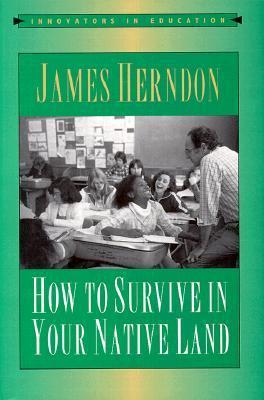What do you think?
Rate this book


192 pages, Paperback
First published January 1, 1971
Tizzo, who had a father, was practicing up to be a father. He had a good use for Richard. Richard had a good use for Tizzo too, since he was learning to be a kid. Unlike the therapist and myself and Richard's own father, Tizzo didn't want Richard to turn into some other person, but only to accept the human condition.